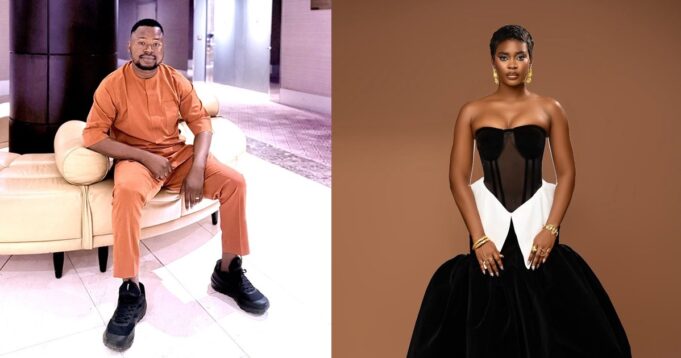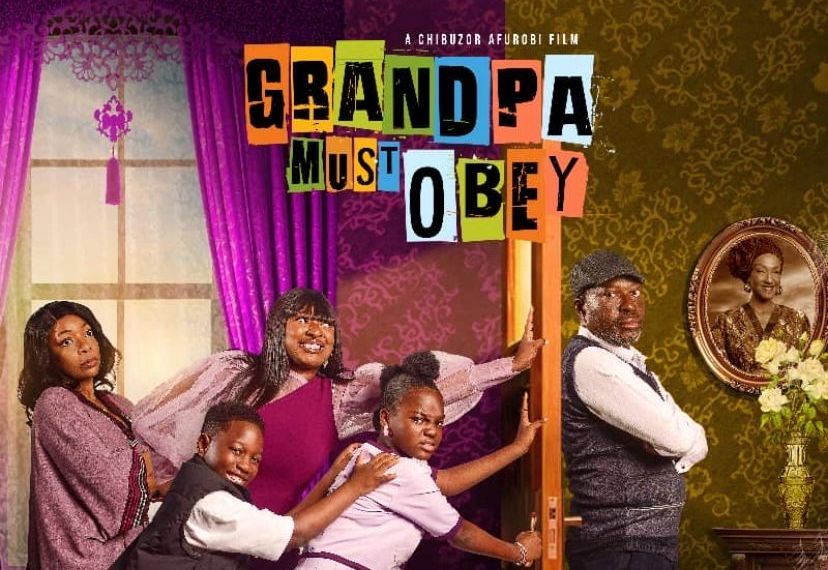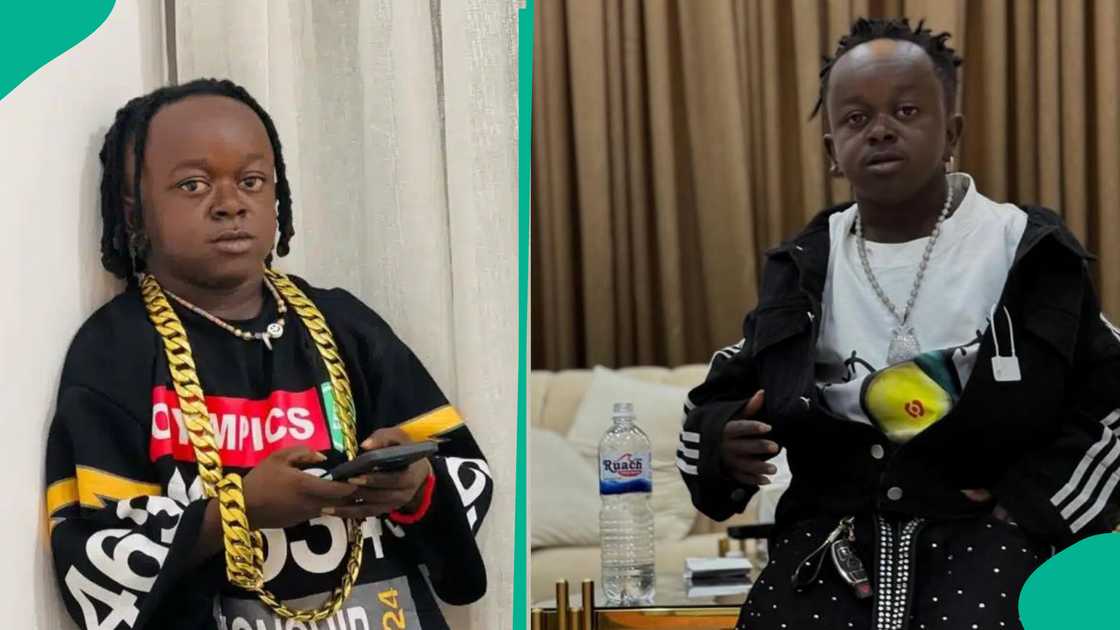A developing controversy has emerged in Delta State as one of the governor’s aides reveals plans to take legal action against the organizers of the highly popular reality TV series, Big Brother Naija. The dispute is centred around allegations of unfairness and alleged voting manipulation in the most recent season of the show.
Earlier this week, the aide publicly accused the show’s organisers of influencing the voting system, claiming that a 23-year-old contestant from Delta State was unjustly denied the winning title despite reportedly garnering significant public support throughout the season.
According to a post shared on https://x.com/yabaleftonline, the aide—identified locally as Ossai—accused the show’s management of “robbing” the contestant, identified as Dede, of a deserving victory. Ossai claimed that the outcome was not only disappointing to fans in Delta State but also to viewers across Nigeria and West Africa who felt invested in the fairness of the show.
Ossai further suggested that the show’s organizers were reluctant to witness another winner from Delta State after last year’s champion also hailed from the same region. This assertion sparked intense reactions, especially among grassroots supporters of reality TV, who view programs like Big Brother Naija as major platforms for youth empowerment and entertainment in Nigeria and beyond.
Nigerian Reality TV and Regional Representation: Why It Matters
Big Brother Naija stands as one of the most influential TV shows in Africa, with millions from Nigeria, Ghana, and across the continent voting, discussing, and rooting for their favourite contestants. The show has, over the years, provided a springboard for many young Nigerians to achieve fame, launch businesses or creative careers, and influence culture far beyond their immediate communities.
The issue of regional representation is a significant one, especially in a diverse country like Nigeria. When contestants from certain states or regions gain repeated victories or fail to clinch the title despite strong performances, debates often arise regarding the transparency and inclusivity of these platforms.
Legal Grounds and Potential Implications
Ossai has said his motivation to pursue legal action is grounded not only in Dede’s strong personal performance but also in the broader implications for public trust and transparency in national competitions. Legal experts caution, however, that such cases are difficult to prove since show organizers typically retain rights to set rules and voting standards, which are usually outlined in terms agreed to by contestants and viewers.
According to Lagos-based media lawyer, Chinedu Akin, “While it’s not impossible to sue entertainment organizers, success depends on demonstrating clear evidence of breach of contract or violation of regulatory guidelines, which isn’t easy in the reality TV context.” He further noted that most disputes are settled internally, without reaching the courts.
Public Reactions and Social Media Outcry
The aide’s accusations set off a flurry of activity on social media platforms, especially on X (formerly Twitter) and Facebook. Supporters of Dede and many Big Brother Naija fans quickly flocked to the comment sections to express their opinions, with some insisting on a fair review of the voting process, while others argued that all participants had equal opportunities.
- One commenter remarked, “If the voting was truly transparent, every contestant should have their votes published in real time. Let the people see the numbers.”
- Another viewer noted, “Every year there’s always uproar after the finals. Maybe it’s time the organisers review the voting system to restore trust.”
- Meanwhile, several others reminded the public that reality TV is, at its core, entertainment and inevitably subject to some controversy.
Many observers have pointed out that this season’s debate is not unique to Nigeria. Globally, reality shows such as Big Brother, Idol, and others have faced similar allegations of manipulation—often without producing conclusive evidence or legal judgments. In South Africa and Ghana, variations of the Big Brother format have also sparked local conversations about fairness and representation.
Industry experts believe that transparency is critical to maintaining audience trust, given how invested West Africans are in shows that showcase youth talent and reflect the region’s cultural diversity. Big Brother Naija, perhaps more than any comparable program, has become a focal point for these debates—with millions voting from Nigeria, Ghana, Liberia, and even the wider African diaspora.
Understanding the Stakes: Beyond the Entertainment
The impact of these shows goes beyond prize money and short-term fame. For many young Nigerians and West Africans, reality TV provides an alternative path to stardom, career growth, and, increasingly, entrepreneurial opportunities. Past winners have launched successful businesses, become political advocates, or even moved on to Nollywood and music careers. As a result, local communities pay close attention to how these platforms operate.
Political involvement in entertainment is not new in Nigeria. State and local government officials have, in the past, used popular victories as sources of pride and evidence of the region’s talent. However, the current episode highlights the tension that can arise when official interests intersect with public perceptions of fairness and due process.
Counterpoints and Broader Perspectives
While Ossai’s concerns resonate with many, others have countered that Big Brother Naija’s popularity derives from its unpredictability and the passionate support of fans from all over the country. Some argue that not every outcome will satisfy everyone due to the sheer scale of participation and the diverse interests represented.
Additionally, there are calls for more robust independent auditing of voting systems on reality TV shows to increase transparency and trust. According to media critic Adeola Idowu, “Openness is the key to credibility. If organisers want to maintain their reputation, they must make their systems more transparent—not just for Nigeria but for all of Africa, where these shows matter so much.”
What Could Happen Next?
Legal experts suggest that even if a lawsuit is filed, the most likely outcomes might include a deeper public examination of reality TV voting, pressure for clearer rules and disclosures, or, perhaps, voluntary reforms by the show’s management. Whatever the result, the ongoing debate underscores the power and impact of entertainment media in shaping cultural narratives and public trust in modern Nigeria and across West Africa.
For those interested in following the details directly, see the original post below:
Want your opinions or experiences featured in our coverage? Or do you have an inside scoop you want to share or sell? We’d love to hear from you!
Email us at story@nowahalazone.com to submit your story for publication or discuss exclusive story sales. For general support or questions, reach out at support@nowahalazone.com.
Follow us for the latest updates and community stories on Facebook, X (Twitter), and Instagram.










